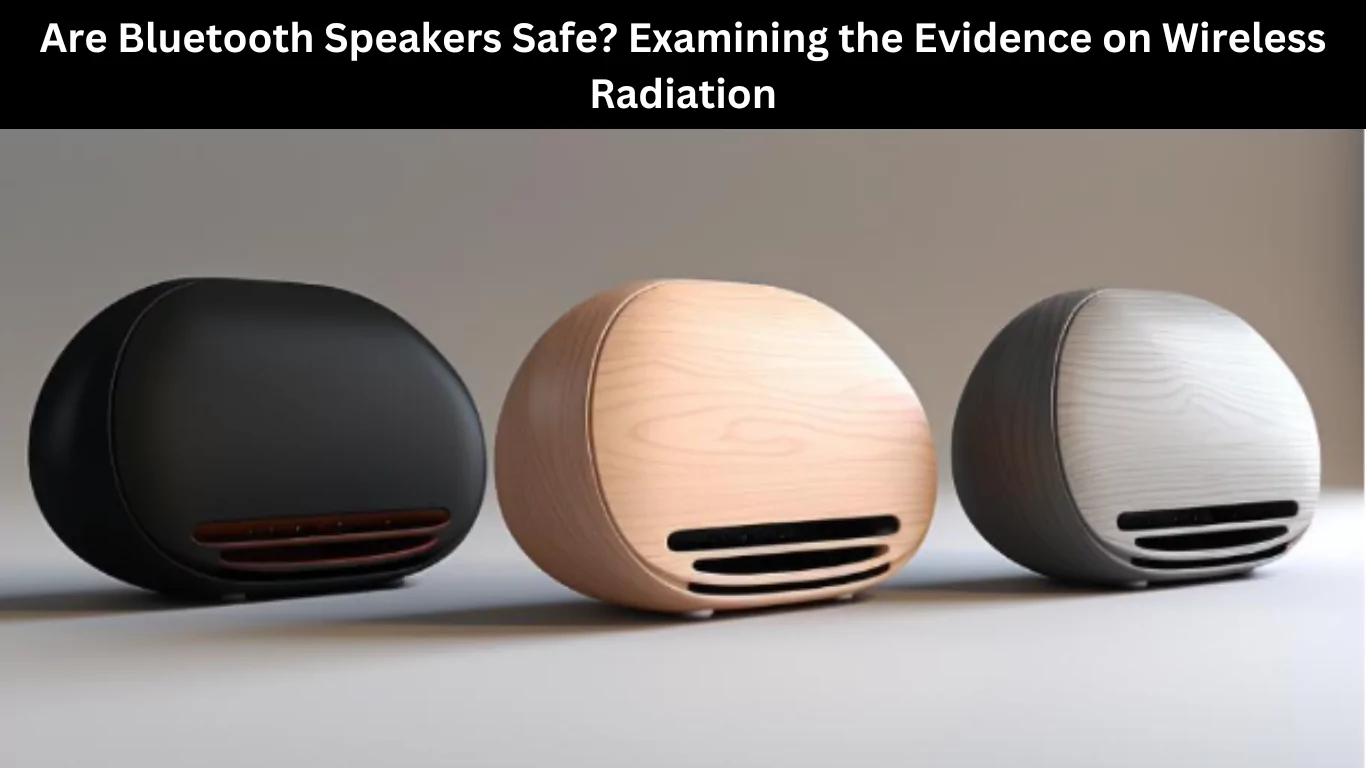With the rising popularity of Bluetooth speakers for listening to music and podcasts on the go, some concerns have been raised about whether the wireless technology they use could pose health risks. Bluetooth speakers utilize radio waves in the microwave frequency range to transmit audio signals wirelessly over short distances. But do these radio waves have any negative effects on the human body? Let’s take a look at what the research says so far.
How Bluetooth Speakers Work
Bluetooth speakers contain a Bluetooth receiver that allows them to pick up signals from Bluetooth-enabled devices like smartphones and tablets. The signal is transmitted on radio frequencies between 2402-2480 MHz, putting it in the microwave band also used by wifi routers, cordless phones, and even microwave ovens. The low-power Bluetooth signal can travel up to 30 feet before degrading. This allows you to walk around with a Bluetooth speaker while maintaining a solid connection.
Bluetooth speakers also contain audio processing hardware like amplifiers and speaker drivers to play the incoming audio signal that’s been transmitted wirelessly from your phone or computer. The latest versions of Bluetooth audio use advanced codecs like aptX and AAC for improved audio quality.
Bluetooth Radiation Levels
Being a form of electromagnetic radiation like radio waves, Bluetooth devices technically do emit a type of low-level non-ionizing radiation when in operation. But the key question is whether this radiation is strong enough to pose any significant health risks.
Studies have found that the maximum radio frequency exposure from Bluetooth devices is far below the safety limits set by health organizations like the FCC. For example, one study tested multiple Bluetooth headsets and found the highest SAR (specific absorption rate) measured was 0.23 watts per kilogram. This is nearly 2000 times lower than the FCC’s allowable SAR exposure limit.
Other research on Bluetooth radiation has confirmed these low exposure levels. The signals are fairly weak since Bluetooth is designed for short distance communication. The signal rapidly drops off with distance from the speaker, minimizing exposure.
Furthermore, the radio frequency fields generated by Bluetooth speakers are omni-directional rather than focused in a single direction. So the speakers aren’t continuously directing strong signals directly at your body, which further limits RF exposure.
Potential Long-Term Health Effects
But could long-term use still have subtle effects on health even if the radiation levels are low? Some people have expressed concerns about cancer, fertility, DNA damage, and other issues being potentially caused by chronic Bluetooth exposure.
However, most studies to date have not found evidence of adverse health effects at the low RF levels emitted by wireless devices like Bluetooth speakers. For example, extensive research on mobile phone radiation at similar frequencies has not demonstrated any definitive links to cancer thus far.
Still, some scientists feel more research is needed to ruled out the possibility of risks from long-term, low-level exposure, especially with children. Since Bluetooth technology is still fairly new, the effects of constant use over decades is still unknown.
Precautionary Measures
While the evidence so far doesn’t raise major red flags, there are still some simple precautions you can take if you’re concerned about overexposure from Bluetooth speakers:
- Avoid placing Bluetooth speakers right next to your head or body for prolonged periods. Maintain a distance of 2+ feet whenever possible.
- Limit listening time at high volumes, which increases radiation exposure due to the higher power output required.
- Turn off your speaker when not in use to reduce overall exposure time. Today’s Bluetooth speakers have very low standby power consumption.
- Use cabled connections like AUX instead of Bluetooth when feasible. The sound may even be better!
- Look for Bluetooth speakers that have an output power of 5 milliwatts or less. Lower power means less radiation.
So in summary, while more research is always welcome, the bulk of the science so far indicates Bluetooth speakers pose a very low risk to human health if used moderately and sensibly. As with any technology, just be smart about how you incorporate it into your daily routines. But you don’t need to live in fear of Bluetooth ruining your health based on the evidence we have today.
